Why do customers choose to buy ebikes?

Customers choose to buy an E-bike (electrically assisted bicycle) instead of an electric bicycle or other small vehicle, mainly based on the following considerations:
1. Environmental protection and energy saving
Environmentally friendly: E-bike uses batteries as a power source and does not produce tail gas emissions. Compared with traditional fuel vehicles or electric vehicles (especially fuel vehicles), it can significantly reduce air pollution and noise pollution and is more environmentally friendly.
Energy efficiency: During E-bike riding, the rider can provide part of the power through pedaling, reducing complete dependence on electric energy and improving energy efficiency.
2. Health and exercise
Health benefits: Although the E-bike provides electric assistance, the rider still needs to pedal, which helps increase daily activity, improve cardiovascular health, enhance muscle strength, and achieve the effect of physical exercise.
Low-intensity exercise: Compared with traditional bicycles that rely entirely on physical strength, the power-assisted function of E-bike makes riding easier, especially suitable for long-distance riding or people with weaker physical strength.
3. Flexibility and convenience
Flexible travel: E-bike is small in size and can easily travel through narrow alleys and densely populated areas. It is suitable for various roads and terrains, including mountains, villages and cities, providing cyclists with more travel options.
Convenient parking: Compared with electric vehicles and cars, E-bikes are more convenient to park. There is no need to find a parking space or pay parking fees, which is especially suitable for urban travel.
Easy to carry: Some E-bikes are designed to be foldable or lightweight, making them easy to carry on public transportation or put in the trunk of a car, increasing travel flexibility.
4. Economy and cost-effectiveness
Purchase cost: Compared with electric vehicles and small cars, the purchase cost of E-bike is lower, making it a more economical and affordable choice for consumers with limited budget.
Maintenance cost: The maintenance cost of E-bike is also relatively low. The main components such as motor and battery have a long life, and there is no need to replace oil and other consumables regularly like a fuel vehicle.
Cost of use: The charging cost of E-bike is much lower than the refueling cost of a fuel vehicle, and there is no need to pay additional costs such as insurance and annual inspection, which reduces the economic burden of long-term use.
5. Policies and regulations
Policy support: In some countries and regions, in order to encourage green travel and reduce traffic congestion, the government will provide policy support and subsidies for low-carbon transportation such as E-bikes.
Regulatory restrictions: Compared with electric vehicles and small cars, E-bikes may enjoy more relaxed traffic management policies in some cities and regions, such as no need for license plates, no traffic restrictions, etc.
To sum up, customers choose to buy E-bikes instead of electric vehicles or other small vehicles mainly based on its advantages in environmental protection and energy saving, healthy exercise, flexibility and convenience, economic costs, policies and regulations, etc. These advantages make E-bike a means of transportation that is more in line with modern people's travel needs.
1. Environmental protection and energy saving
Environmentally friendly: E-bike uses batteries as a power source and does not produce tail gas emissions. Compared with traditional fuel vehicles or electric vehicles (especially fuel vehicles), it can significantly reduce air pollution and noise pollution and is more environmentally friendly.
Energy efficiency: During E-bike riding, the rider can provide part of the power through pedaling, reducing complete dependence on electric energy and improving energy efficiency.
2. Health and exercise
Health benefits: Although the E-bike provides electric assistance, the rider still needs to pedal, which helps increase daily activity, improve cardiovascular health, enhance muscle strength, and achieve the effect of physical exercise.
Low-intensity exercise: Compared with traditional bicycles that rely entirely on physical strength, the power-assisted function of E-bike makes riding easier, especially suitable for long-distance riding or people with weaker physical strength.
3. Flexibility and convenience
Flexible travel: E-bike is small in size and can easily travel through narrow alleys and densely populated areas. It is suitable for various roads and terrains, including mountains, villages and cities, providing cyclists with more travel options.
Convenient parking: Compared with electric vehicles and cars, E-bikes are more convenient to park. There is no need to find a parking space or pay parking fees, which is especially suitable for urban travel.
Easy to carry: Some E-bikes are designed to be foldable or lightweight, making them easy to carry on public transportation or put in the trunk of a car, increasing travel flexibility.
4. Economy and cost-effectiveness
Purchase cost: Compared with electric vehicles and small cars, the purchase cost of E-bike is lower, making it a more economical and affordable choice for consumers with limited budget.
Maintenance cost: The maintenance cost of E-bike is also relatively low. The main components such as motor and battery have a long life, and there is no need to replace oil and other consumables regularly like a fuel vehicle.
Cost of use: The charging cost of E-bike is much lower than the refueling cost of a fuel vehicle, and there is no need to pay additional costs such as insurance and annual inspection, which reduces the economic burden of long-term use.
5. Policies and regulations
Policy support: In some countries and regions, in order to encourage green travel and reduce traffic congestion, the government will provide policy support and subsidies for low-carbon transportation such as E-bikes.
Regulatory restrictions: Compared with electric vehicles and small cars, E-bikes may enjoy more relaxed traffic management policies in some cities and regions, such as no need for license plates, no traffic restrictions, etc.
To sum up, customers choose to buy E-bikes instead of electric vehicles or other small vehicles mainly based on its advantages in environmental protection and energy saving, healthy exercise, flexibility and convenience, economic costs, policies and regulations, etc. These advantages make E-bike a means of transportation that is more in line with modern people's travel needs.




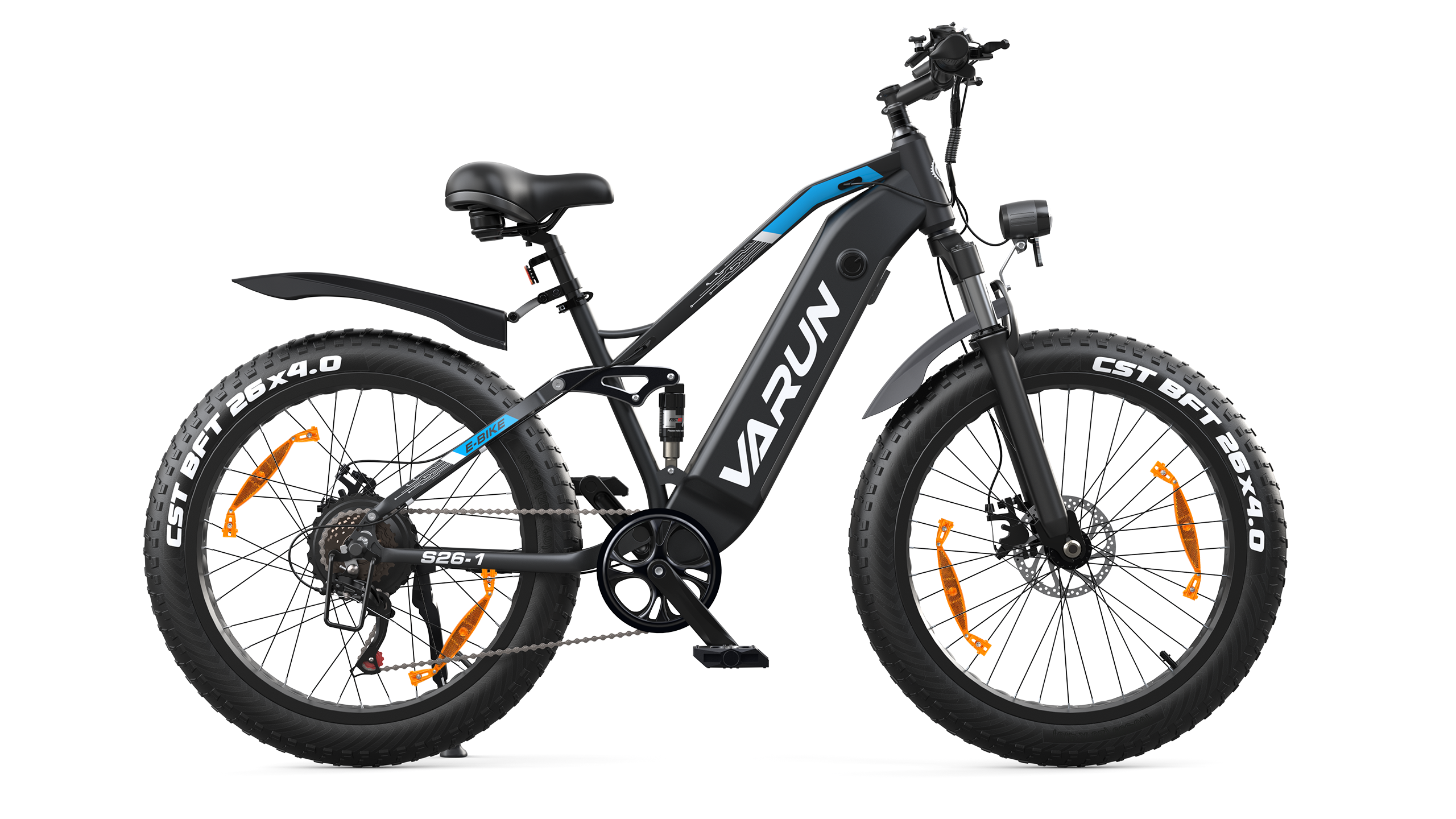
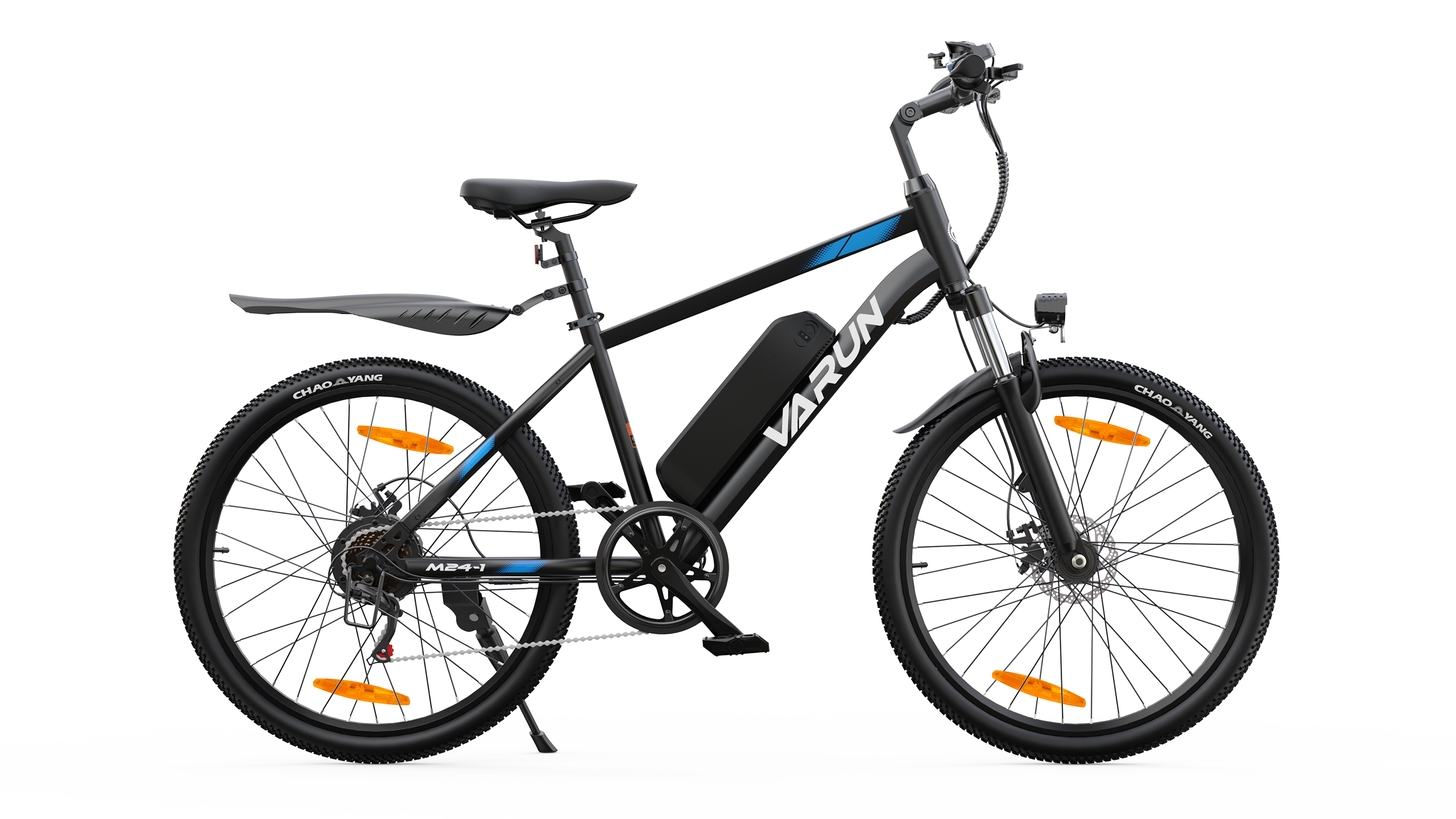
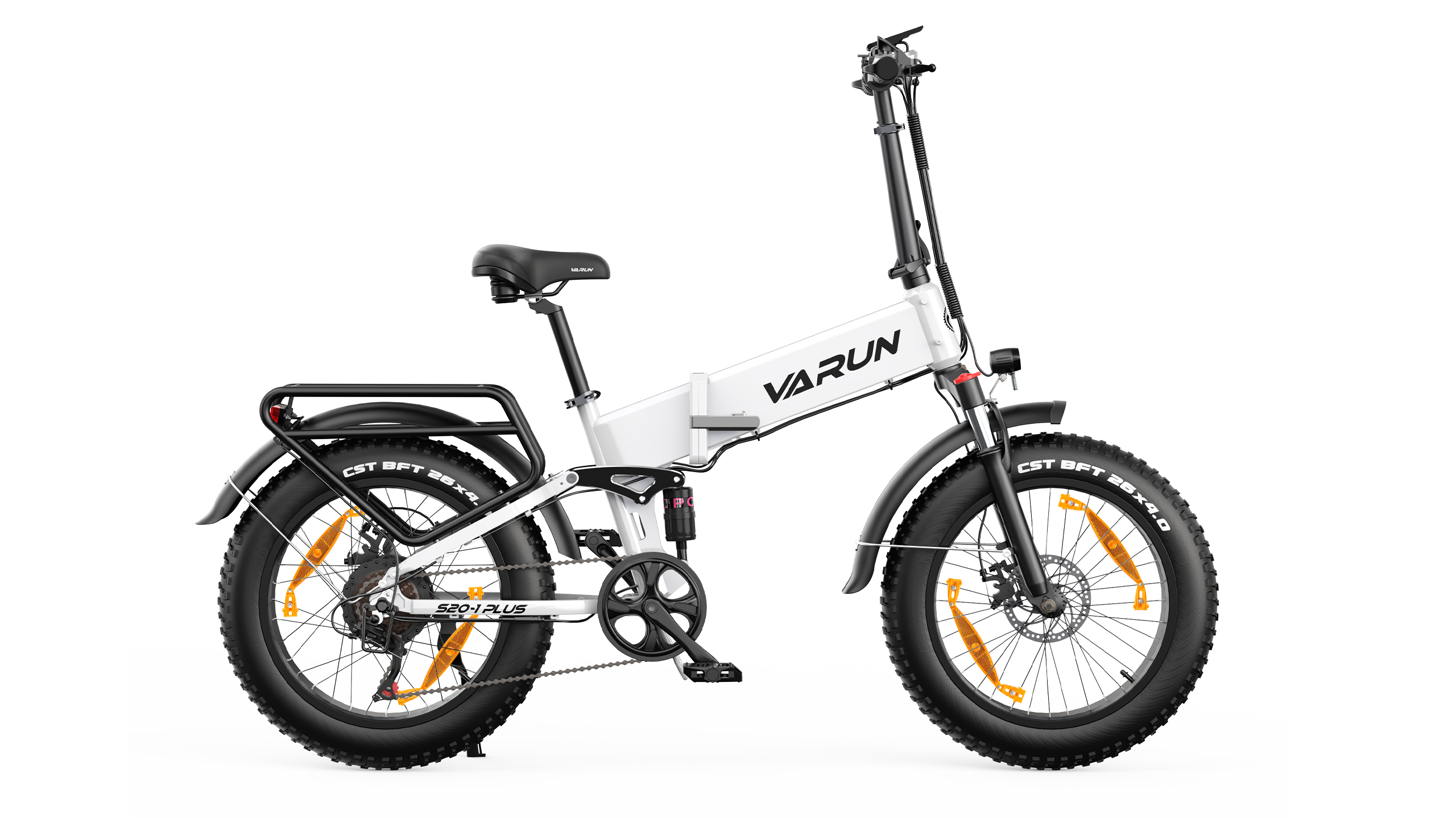











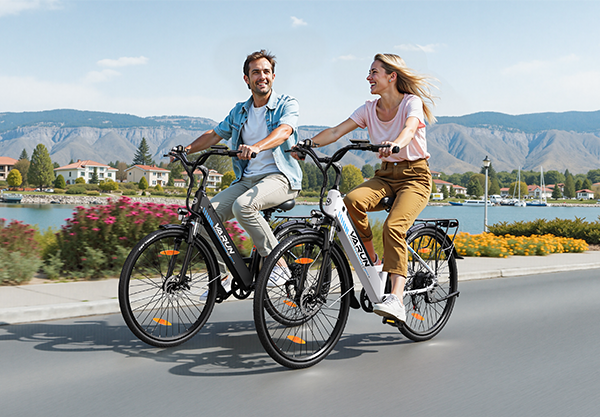

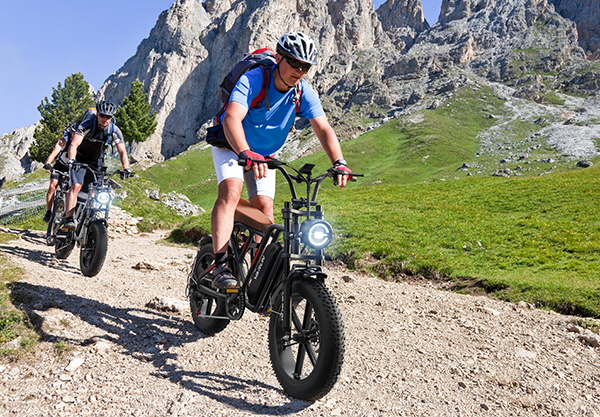










Leave a comment